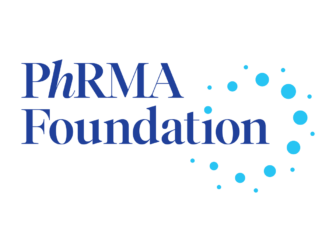Jarratt Pytell, MD

Examining the Benefits and Challenges of Self-treatment for Opioid Addiction
Summary
Many people battling opioid addiction struggle to access medication treatment due to various life challenges, such as transportation issues, financial constraints, or long waiting times for appointments. As a result, some resort to self-treating their addiction by obtaining opioid addiction medications from friends, family, or other contacts. This self-treatment approach is similar to how some people self-medicate common ailments using over-the-counter drugs or prescribed medications they get from friends, family, or other acquaintances.
Although preliminary studies suggest that individuals can effectively self-treat opioid addiction using such medications, our study aims to explore this on a national scale. By examining a larger and more diverse sample representing the entire U.S., we hope to determine whether self-treatment reduces overall opioid usage and addiction severity. Our findings will provide valuable insights for public health officials, guiding potential decisions on whether certain opioid addiction medications should be available without a doctor’s prescription.
The overdose crisis demands urgent action. As an addiction medicine physician, I have witnessed the devastating impact of opioids and other drugs on my patients, their families, and communities. The PhRMA Foundation award will allow me to initiate a new and innovative research program to improve the lives of those who use drugs.


